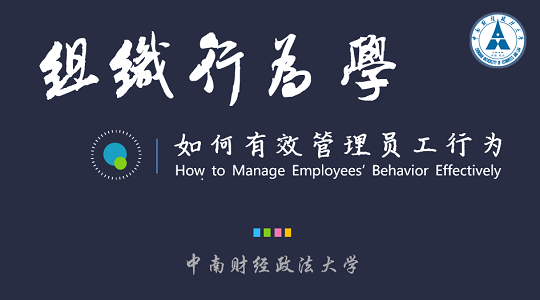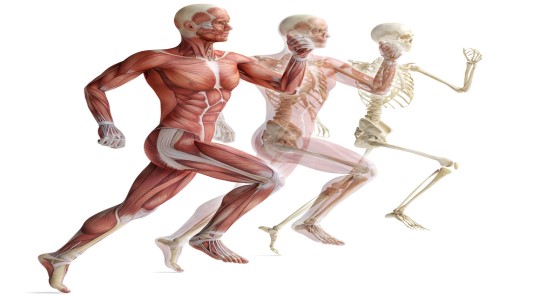
当前课程知识点:国际医学会议交际英语 > Chapter 12 Understanding Conference Etiquette > Exercise > Chapter 5 Part 2
Three
Have a positive attitude
Although few of us is a born presenter
you will probably have specialist knowledge
and considerable experience in your field
and the love of your research
With these qualities, you will build up confidence
and the audience will be convinced
that you know what you are talking about
even if your English is not perfect
Four
Thoroughly prepare and vocally practice
Practice before a speaking event will help you
feel more confident about what you’re going to say
and how you’ll say it
The following might be helpful
First
Number your note cards
They'll be easy to put back
in order if you drop them
Second
Be vocally prepared
When you are nervous
you tend to talk too quickly or too softly
Speaking too quickly or softly
makes it hard for your audience to understand you
Third
Speak to the back of the room
and picture your voice
Consciously insert pause and breaths
into your speech by marking them in your notes
Fourth
Pause at the right place
Remember that silence is a powerful rhetorical tool
that serves you as well as your listeners
who need time to digest what you're saying
Fifth
Avoid trying to memorize every word
Attempting to do so will simply increase stress
and cause greater nervousness
Sixth
Avoid reading word for word
Avoid reading your presentation
word for word from a script
There's a BIG difference between reading and speaking
Dry reading disseminates information
and often at the risk of the audience tuning out
Speaking is creating an impact
with your content and personality
so that not only is your message understood
your professional profile rises
Five
Use shorter phrases
write in simple sentences and use easy grammar
As you practice make your phrases short
Short phrases give you time to pause quickly
and to breathe between two phrases
You can try to use simple sentences
that do not involve complex grammar
Complicated forms
such as conditionals and continuous forms
are not generally required
You could probably manage by the present tense
past tense and the future tense
Six
Learn relaxation techniques
Do some physical exercises
and warm up your body before you begin
Exercise reduces tension and helps you concentrate
Getting a little bit of physical activity
before your presentation will help you
get rid of excessive nervous energy
First
Breathe in deeply
Second
Exercise your jaw
Third
elax or warm your neck and shoulder muscles
Fourth
Get enough sleep and have a good meal
Fifth
Try taking a walk outside
doing arm circles
or stretching gently
Seven
Check out your presentation venue
It is advisable to get familiar
with the roomin the meeting venue
Visit the space ahead of time
Get as many details as you can about the room
the audience, the equipment
your time constraints, etc.
Make sure
First
How far you are from the audience
Second
How loud you will have to speak
Third
Whether you will need a microphone
Fourth
Whether you will have a podium
Fifth
Where you will stand
so that the audience can always see you and
you don’t trip over any wires
Sixth
How the remote control works
Seventh
How effective the laser pointer is
try the main functions
such as blank, hide, mute and no show
Eighth
Whether chalk and pens are available
for the blackboard
Nineth
Whether you need a watch
or is there a big clock at the back of the room
Tenth
Someone is going to introduce you
or you will need to introduce yourself
Eight
Prepare for forgetting what you want to say
A frequent problem occurring during presentation is
forgetting what you want to say
If you get stuck, don't panic
You can
First
Drink some water and use this time to remind yourself
Second
Breathe, look at your notes
and use key word outlines
to get you back on track
Third
Say "I am sorry I can't think of the word
In any case ..."
And then you simply proceed with the next point
When you forget where you are during the presentation
the following might be of some help
First
Sorry, what was I saying ...
Second
Where were we up to?
Can anyone remind me...?
Third
Sorry , I've lost track of what I was saying...
Fourth
Sorry, I seem to have forgotten what I was saying ...
Nine
Prepare for the software or the equipment breaking down
Yes, there's a good chance
that your PowerPoint will crash
but all hope is not lost
PPT is not always reliable
Test that everything works appropriately in advance
Do have a backup plan
such as handouts, overheads, etc.
The audience will appreciate your ability to
recover with grace and keep the presentation moving
despite technical difficulties
Ten
organize your time
Presentations rarely go according to plan
just because frequently the previous presenter
goes over his/her allocated time
so that you have less time to do your presentation
In this case
You can
First
Practice with a stopwatch
Do this often enough
that you get a sense of timing
Second
Know exactly how much time you need
for each part of your presentation
Write down the finishing time on a piece of paper
and have the paper beside your laptop
Third
Put your most important points
in the first half of the presentation
not in the second half or near the end
Fourth
Think in advance what slides you could cut
particularly those in the latter part of the presentation
Fifth
Plan how to reduce the amount
you say for particular slides
Sixth
Don't suddenly say "I will have to stop here."
Instead, make a brief conclusion
if you don't run out of time
Seventh
Share an extra story or example
or answer more questions and have a longer
Q&A session at the end of the presentation
if you finish earlier
Part five Practice
Question one
What are the types of body language?
Question two
How does body language help us in presentation?
-Exercise
-Exercise
-Exercise
-Exercise
-Exercise








